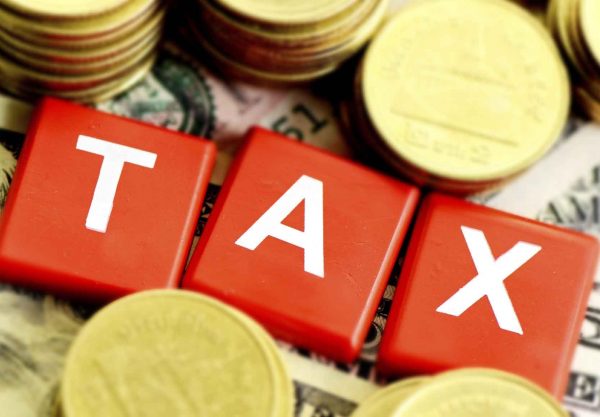The Pay As You Earn (PAYE) tax is one of two types of personal income taxes collected by tax authorities in Nigeria. It’s paid by employees of companies and is usually deducted ‘at source’. In other words, employers subtract the tax from their employees’ salaries before paying them and remit the subtracted sum to tax authorities.
Read more about How To
Another type of Personal Income Tax, called Direct Assessment, is paid by self-employed persons (traders, landlords, contractors, etc.).
The PAYE doesn’t look straightforward at first glance. It divides incomes into tiers, and charges different tax rates for each tier; the higher the tier, the greater the percentage tax to be paid.
It’s also a bit more difficult to calculate PAYE if you’re earning, say, ₦4 million a year than if your annual income was ₦400,000. That’s because higher incomes encompass more tiers; you’ll need to split the total income into the various tiers and calculate the tax payable on each of them. But if you’re earning ₦400,000 a year, you’ll only have to calculate for a single tier.
Perhaps you’re already confused by these explanations. Don’t worry. You’ll gain clarity as we examine practical examples of computing PAYE.
The Structure Of The PAYE Tax
As we have already explained, the PAYE system has a different tax rate for each income band. The table below illustrates the income bands and tax rates applicable to them.
Here’s what this table means in practical terms.
Anyone who has a taxable income of ₦300,000 or less per year is expected to pay 7% of that income in tax (i.e. ₦21,000).
If their annual taxable income is ₦500,000, they’ll pay 7% on the first ₦300,000, plus 11% on the extra ₦200,000 that falls into the next income band. That’s ₦54,000.
And if you earn a taxable income of ₦2 million in a year, you will pay
(7% × ₦300,000)+(11% × ₦300,000)+(15% × ₦500,000)+(19% × ₦500,000)+(21% × ₦400,000)
= ₦213,000 in Personal Income Tax.
Important Note: Gross Income Versus Taxable Income
The reference to taxable income here (instead of mere income or gross income) is deliberate.
Find our comprehensive listings of businesses in Nigeria here https://businesses.connectnigeria.com/
Gross income is just what you earn in a month or year, without deductions.
Taxable income is your gross income minus your pension contributions, insurance payments, deductions for National Housing Fund, and the Consolidated Relief Allowance (CRA).
Note: CRA is basically personal relief and relief for your children and dependents; it’s either ₦200,000+20% of your earned income, or 1% of Gross Income (whichever is higher).
These items, which you’ll deduct from your gross income, constitute your non-taxable income. You only calculate PAYE on what’s left after you’ve subtracted them from your gross income.
Calculating PAYE: An Example
Let’s assume that you’re calculating your PAYE tax. You have deducted your pension contributions, insurance payments, and other non-taxable income from your gross income. And you’re left with a taxable income of ₦4 million.
The table below is a breakdown of your PAYE tax calculations. It shows the income bands relevant to your salary, the tax rates that apply to them, and how much you’ll be paying in Personal Income Tax.
Thus, if you were earning ₦4 million in taxable income per annum, you could be paying ₦752,000 in Personal Income Taxes in one year.
Important Note
The Finance Act 2020 has excluded low-income earners from paying PAYE tax. Here, ‘low-income earner’ refers to people who earn the national minimum wage or less—that is, ₦30,000 a month (₦360,000 a year) or less. Persons in this category are no longer required to pay Personal Income Tax.
The collection of Personal Income Tax is a prerogative of the Federal Government (through the Federal Inland Revenue Service or FIRS). But in practice, this tax is collected by state tax agencies in the 36 states of the federation.
Featured Image Source: Vanguard NG
Got a suggestion? Contact us: [email protected]


